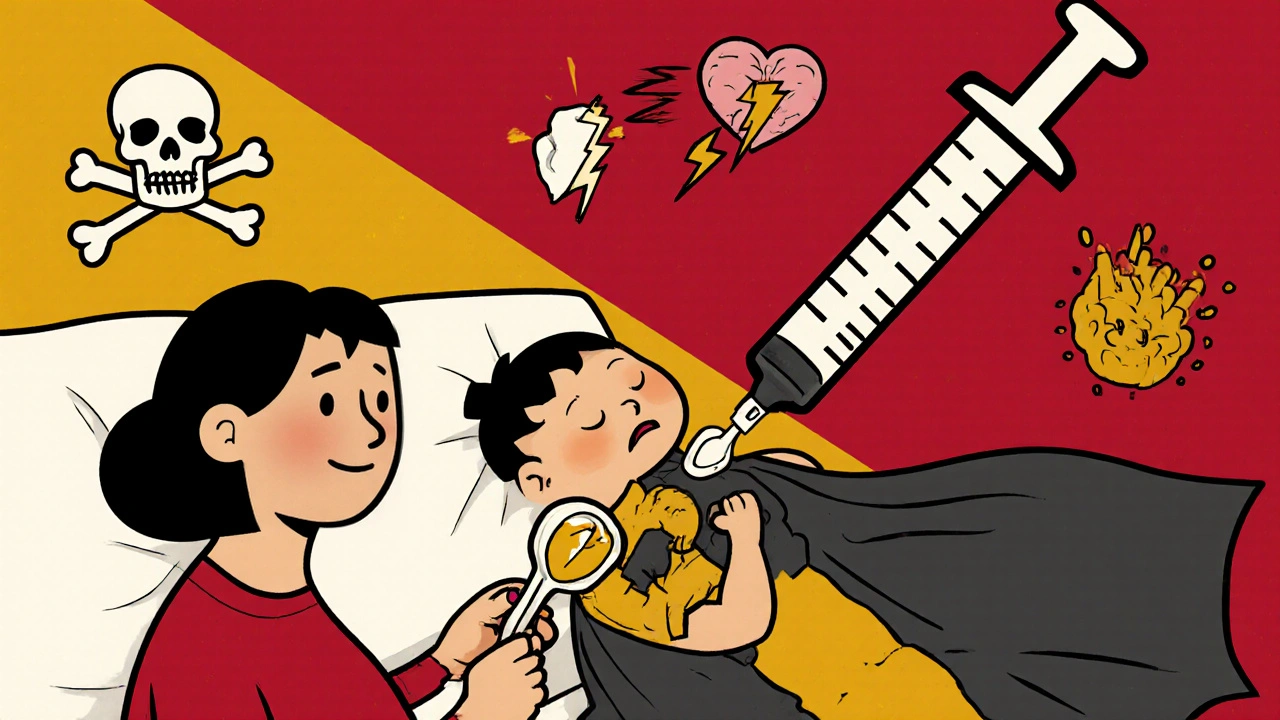Antihistamine Overdose: Signs, Risks, and What to Do
When someone takes too much of an antihistamine, a type of drug used to block histamine and treat allergies, colds, or nausea. Also known as H1 blocker, it can cause serious, even life-threatening effects if taken in large doses. Antihistamines like Promethazine, a sedating antihistamine often used for nausea and allergies and Meclizine, a common motion sickness drug are safe at normal doses—but overdose changes everything. It’s not just about feeling drowsy. Too much can shut down your breathing, spike your heart rate, or send you into seizures. This isn’t rare. Emergency rooms see cases every year from people taking extra pills for sleep, anxiety, or to get high.
Not all antihistamines are the same. First-generation ones like diphenhydramine (Benadryl), chlorpheniramine, and promethazine cross the blood-brain barrier easily. That’s why they make you sleepy—but it’s also why they’re dangerous in overdose. Second-generation ones like loratadine (Claritin) or cetirizine are less likely to cause severe reactions because they don’t affect the brain as much. But even these can be risky if you take 20, 30, or 50 pills at once. Symptoms show up fast: confusion, blurred vision, dry mouth, flushed skin, fast heartbeat, and then hallucinations or tremors. In kids, it can look like a seizure. In older adults, it can mimic a stroke. If someone collapses after taking antihistamines, don’t wait. Call emergency services. Time matters.
There’s no home remedy. Activated charcoal might help if given within an hour, but only by medical staff. Poison control centers have protocols for this exact scenario. What you can do right now? Keep these drugs locked up. Don’t use them as sleep aids unless your doctor says so. Watch for signs of misuse—especially in teens or people with mental health conditions. And if you’re taking more than one antihistamine—say, a cold med plus an allergy pill—you’re already stacking risk. Check labels. Many OTC products contain hidden antihistamines. You don’t need to take two. The posts below cover real cases, comparisons of high-risk drugs like Promethazine and Meclizine, and what doctors actually do when someone overdoses. You’ll find practical advice on spotting trouble early, avoiding dangerous combos, and why some people are more vulnerable than others. This isn’t theoretical. It’s life-saving info.

